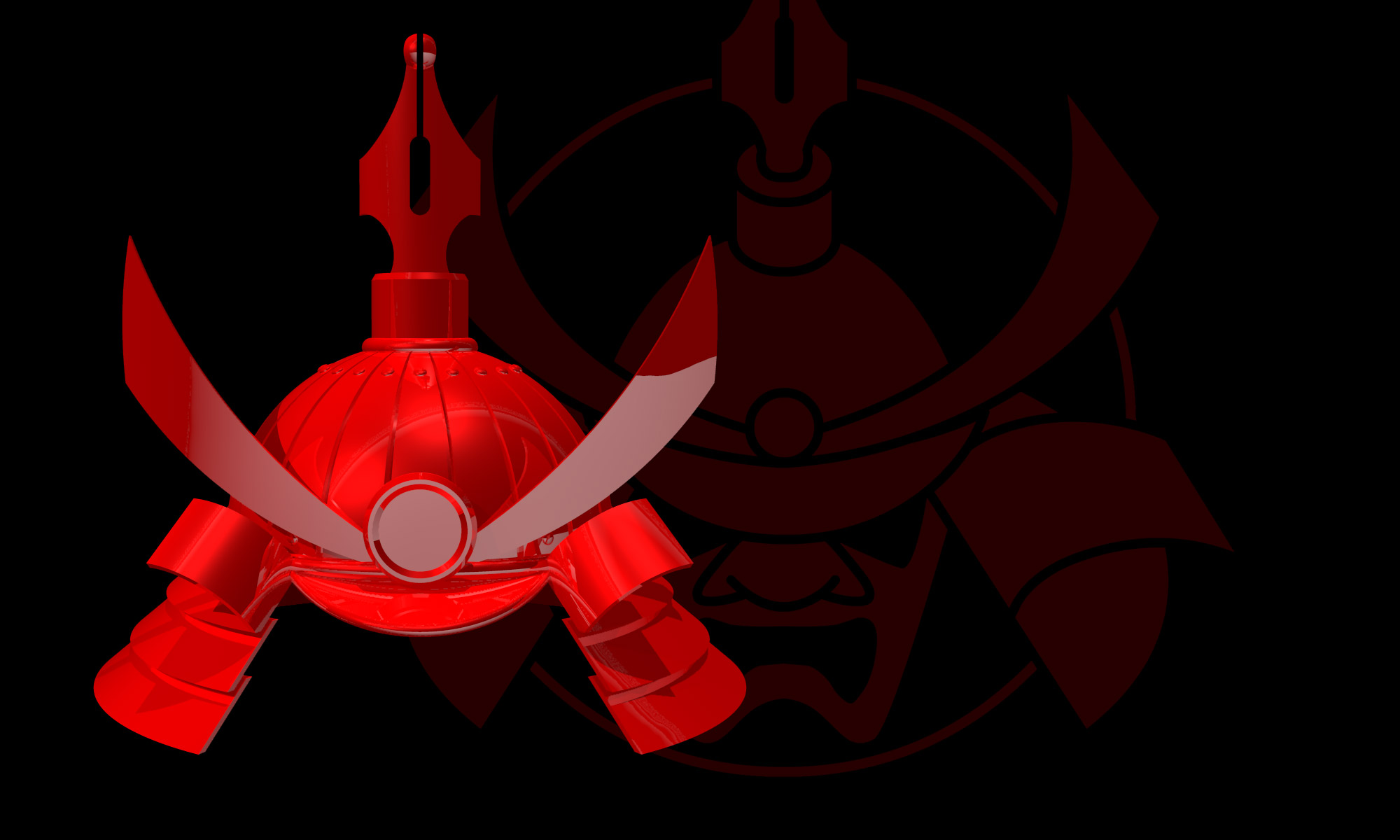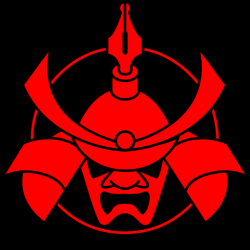Last night I was sitting in the pub, like you do, talking to a friend who explained how the shape of his face had been influenced by Thai boxing — a nose injury from falling flat on the mat, as it happens (he said: "People ask me 'Why didn't you put your hands out?', and I tell them, 'Because I was unconscious.'") I have to state my position now: I admire Thai boxing for effectiveness. Although I am not a Thai boxer myself nor ever could be, I did live in Thailand for some time so I have seen muay thai at its most authentic (Lumphini stadium, ringside, and in dusty contests in the villages of Esarn), as well as in its culturally-numbed but nonetheless devastating form in gyms and fight-nights in the UK. I set this out now to make it clear that what follows is not an attack on muay thai per se, but a rejection of the noble myth of oppression.
Anyway… we're back in the pub. My friend then said that Thai boxing had developed from a time when "they" were forbidden to carry weapons, so "they" had learnt to improvise with agricultural weapons and their own bodies.
My eyes roll. This must the the second most over-used canard in the martial arts (the first is, of course, the tedious one about the black belt; and the third is the nonsense about knocking people off horses with flying kicks). The Fudebakudo book lampoons it on p.85 by including shotguns and combine harvesters in the Agricultural Weaponry of the Okinawan Peasantry. Surely everyone couldn't have developed their fighting systems because they were forbidden from using better ones? Because if they did, as Marc MacYoung points out, it implies that the weapons art is the better one; after all, the first thing the uprising does when it rises up is grab the weapons. Otherwise, of course, the oppressors would disarm themselves, impoverish the peasants by handing them edged or projectile weapons, and then go about the business of controlling the armed peasantry with the superiority of an unarmed martial art.
Perhaps it's true; perhaps there may have been one or two occasions in history where an improvised or unarmed martial system really did emerge to rise up and overthrow the weapon-hoarding oppressors. But in reality this is exactly the kind of thing people would say if they were asked why they were fighting with second-rate weapons. "We haven't got any, because, uh, we're not allowed." Try it if someone ever tells you their style of pummel-wrestling is the best martial art. What, really, against a gun from over there? They think you're being silly; you're not. Did the current MMA system develop because its protagonists were forbidden by the ruling classes from using guns? Actually, in a way it did — but it wasn't an uprising.
The trouble with the "this martial art developed from oppression" position is that it rarely follows through to its logical conclusion. Instead, it turns in on itself. How often do such stylists practice against a trained enemy with a superior weapon? In their forms, in their kata, perhaps there's a moment when they "take a sword" (thereafter to use it, natch). But generally, in the application, the competitions, the kumite, one guy never gets the sharp sword or the gun. No, they both fight unarmed, or at least, within the system. So, isn't that oppressed peasants fighting amongst themselves? If so, how noble is that?
Of course, these are concessions to sparring and training in the modern world, up to a point. But it does make the noble argument of oppression somewhat irrelevant.

